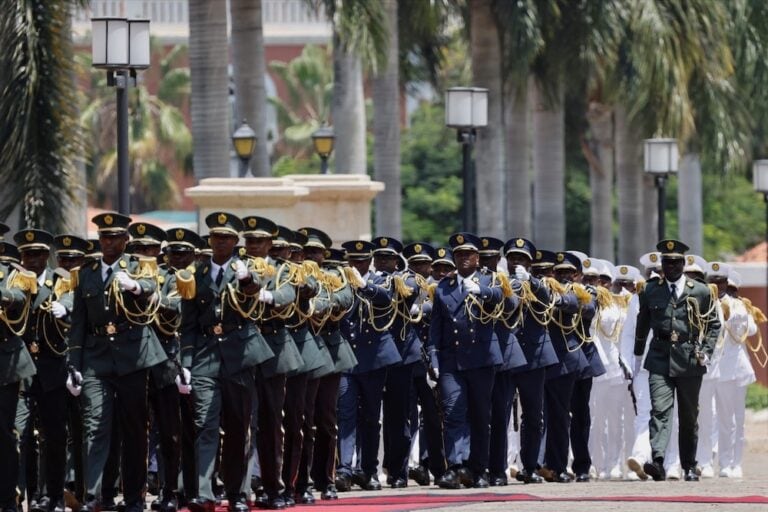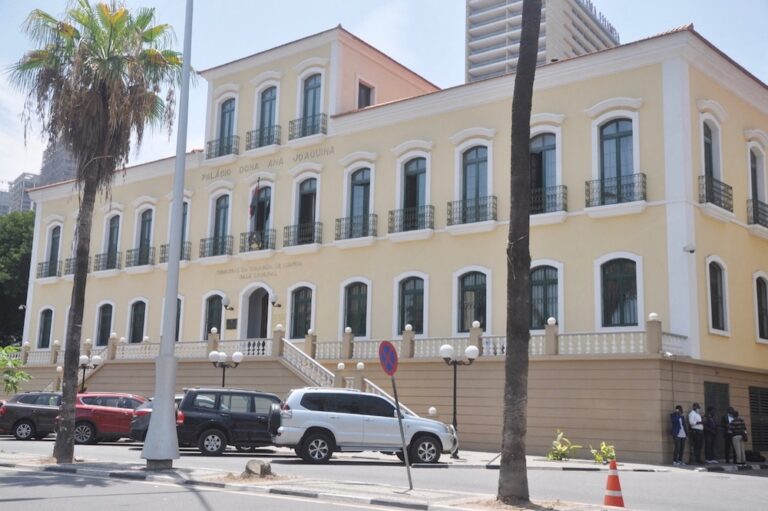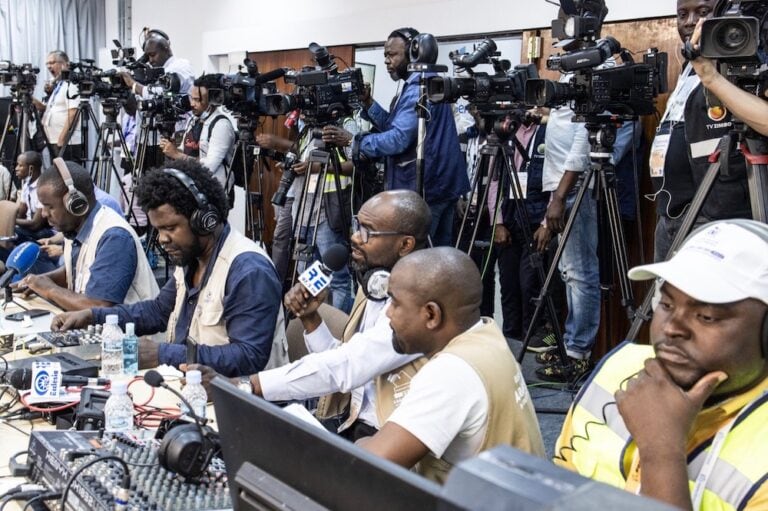(RSF/IFEX) – Reporters Without Borders has expressed shock as a criminal court in Luanda jailed journalist and editor Felisberto da Grâça Campos for eight months and fined him US$250,000 for allegedly insulting a former minister. The editor of the weekly, “Semanario Angolense”, was accused on 3 October 2007 of “defamation, insults, denigration and damaging his […]
(RSF/IFEX) – Reporters Without Borders has expressed shock as a criminal court in Luanda jailed journalist and editor Felisberto da Grâça Campos for eight months and fined him US$250,000 for allegedly insulting a former minister.
The editor of the weekly, “Semanario Angolense”, was accused on 3 October 2007 of “defamation, insults, denigration and damaging his rights as a prominent person” of a former minister and current legal auditor, Paulo Tchipilica.
The ex-minister laid a complaint in 2004 after publication in April 2001 and March 2004 of articles relating to alleged trafficking of influence.
“The main reason for our concern is the disproportionate nature of the sentence,” the worldwide press freedom organisation said. “But the fact that a journalist can be sent to jail in Angola only increases our concern.”
“The country has distinguished itself in recent years by desisting from jailing journalists for press offences. This period unfortunately now seems to be over because we now have to remind the Angolan authorities that prison is absolutely not the solution in cases such as these.”
The article, headlined, “If the minister is not stopped, he will sell the entire country”, exposed a wave of restitution of houses to returning former settlers who had fled at Independence in 1975 and whose houses were then nationalised and sold.
The article expressed suspicions about the minister’s role in the case, at the same time as relaying complaints from officials that the same minister was allegedly defrauding their social fund.
“The day’s hearing is confined to pronouncing a sentence, because the verdict was given on 25 September following the unjustified absence of the defendant,” the judge, Pedro Viana, explained.
The journalist’s lawyer, Paulo Rangel, lodged an appeal for the sentence to be suspended and for a re-trial. The judge allowed the right to appeal but in such a way that Grâça Campos still had to go to prison to serve his sentence, pending the hearing of the appeal.
The journalist contested this, telling the press, “I have not been allowed the right to deny the complaint nor to explain the allegation about my absence.” He added that aggravated circumstances referred to in the verdict, such as an alleged conviction in Kwanza-Norte province, were mostly false.
The editor had already caused fierce controversy in 2003 when he published a list of “Angola’s ten richest people” shaking up the political world in which several people found themselves facing accusations in connection with their fortunes.


